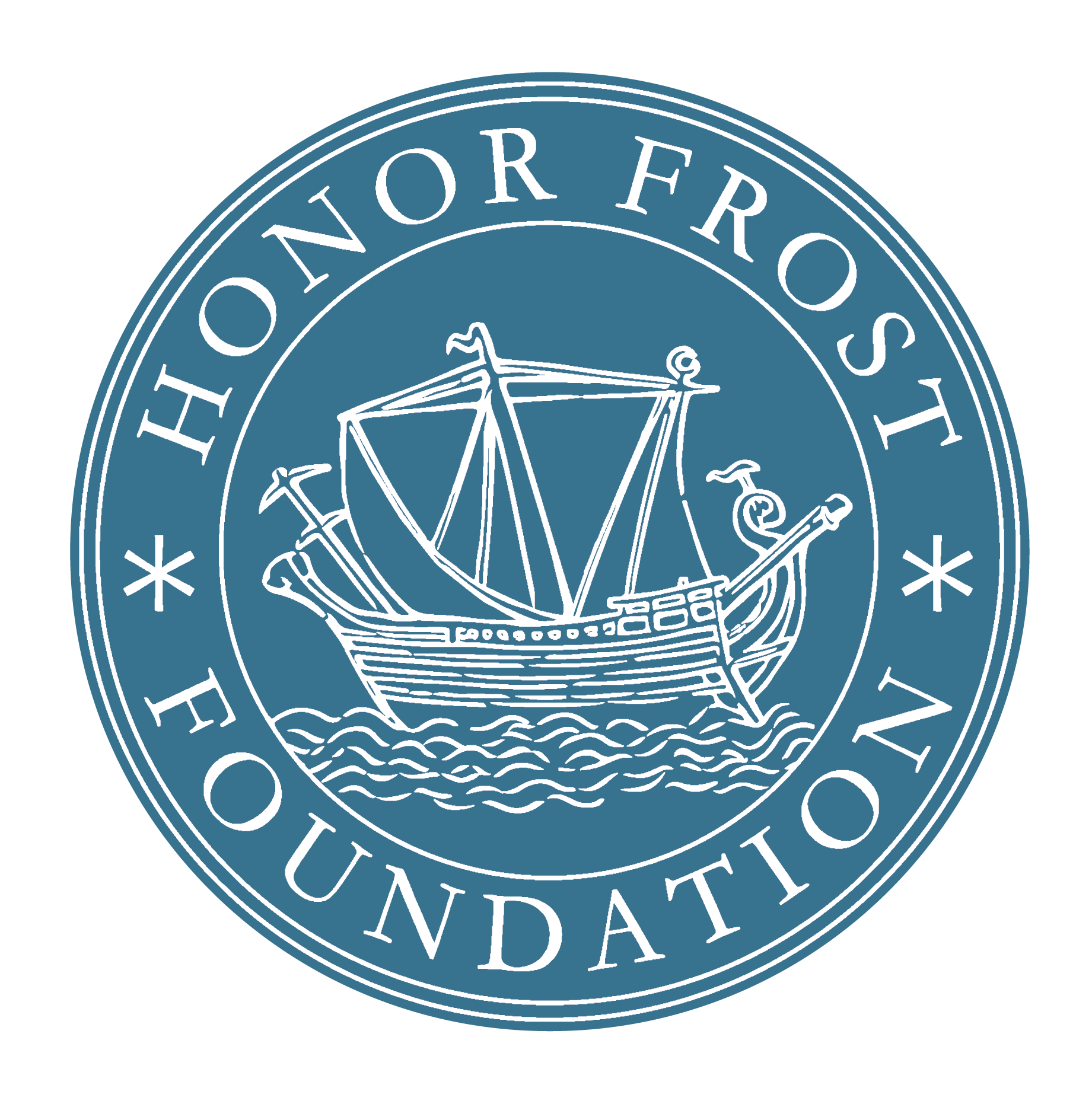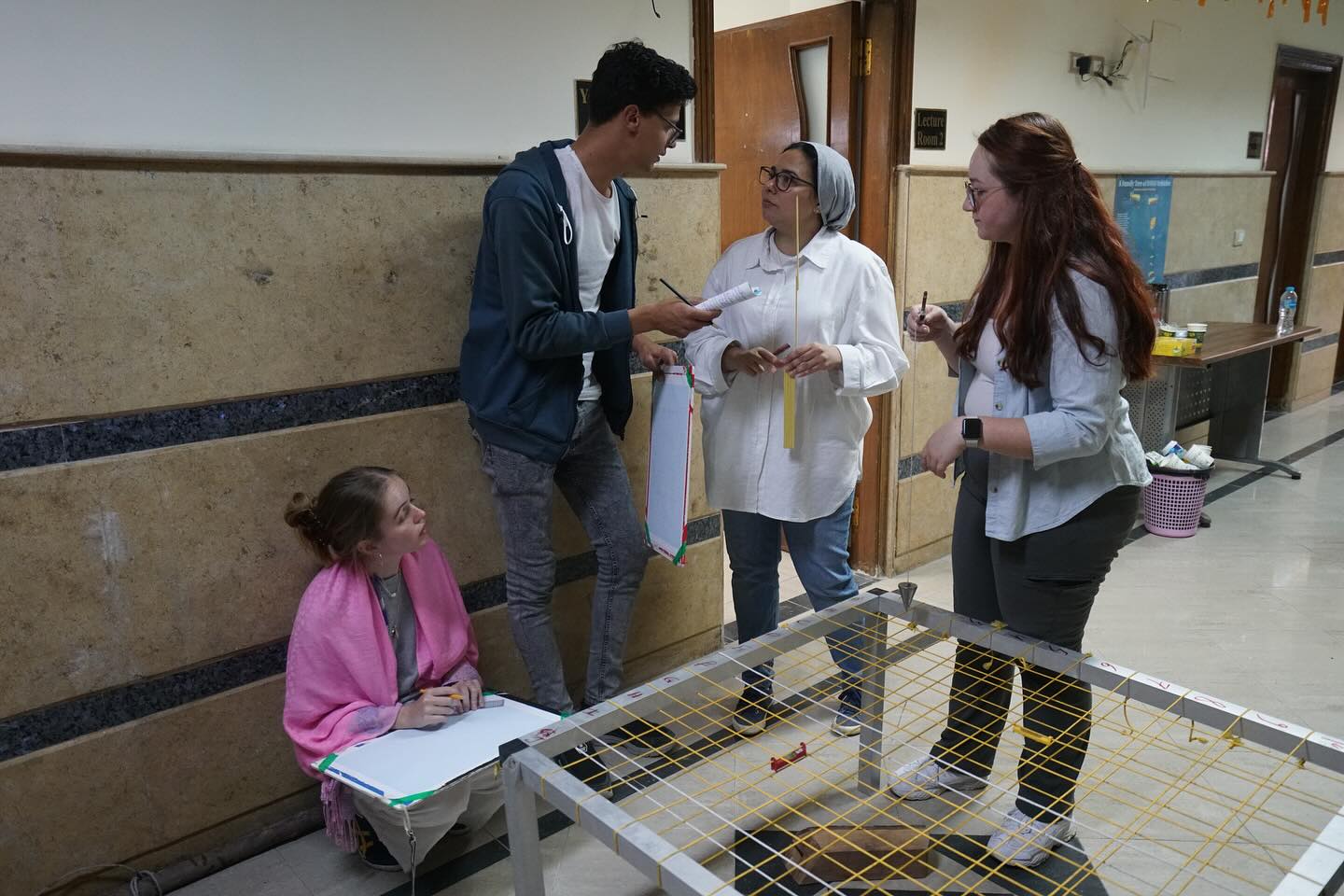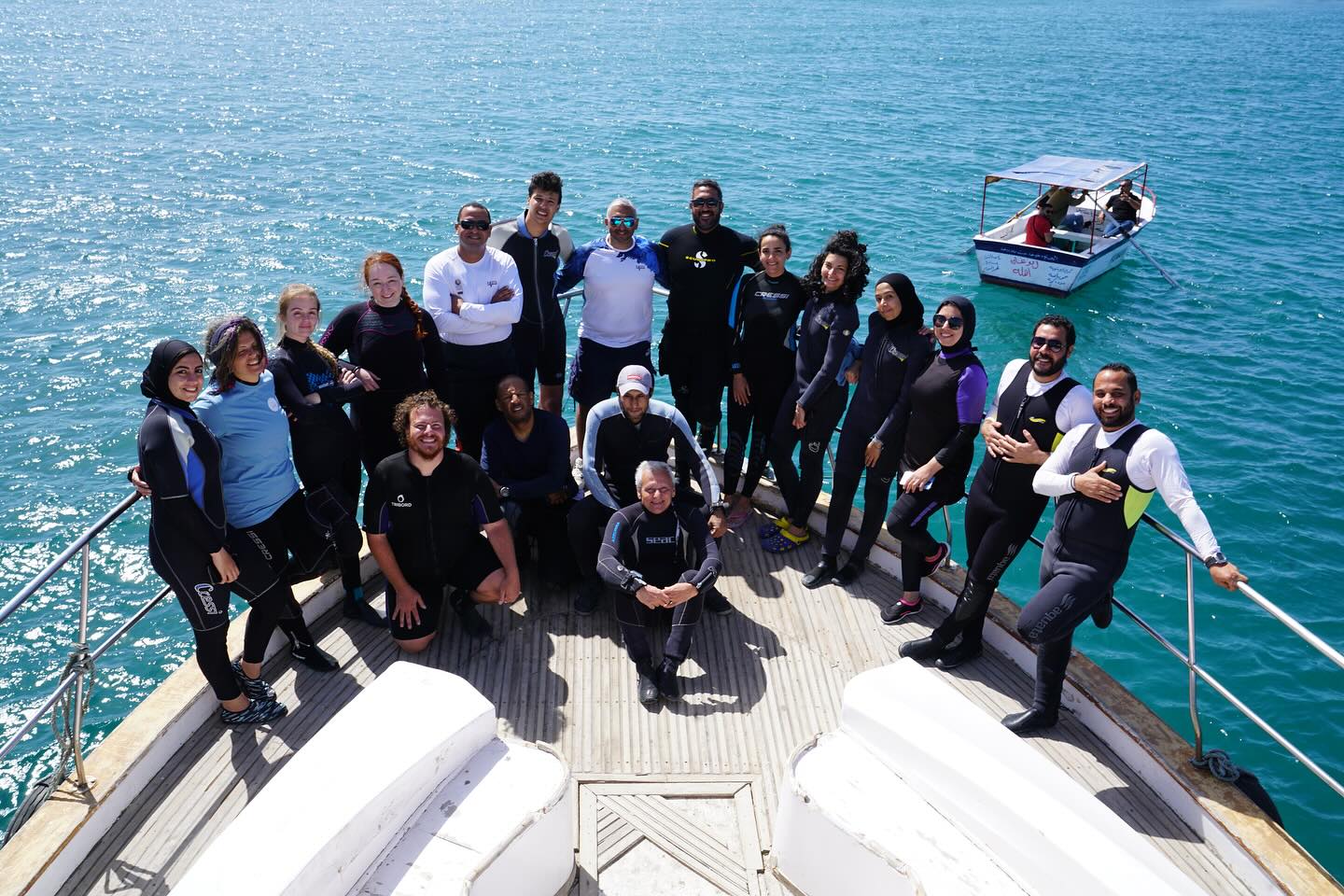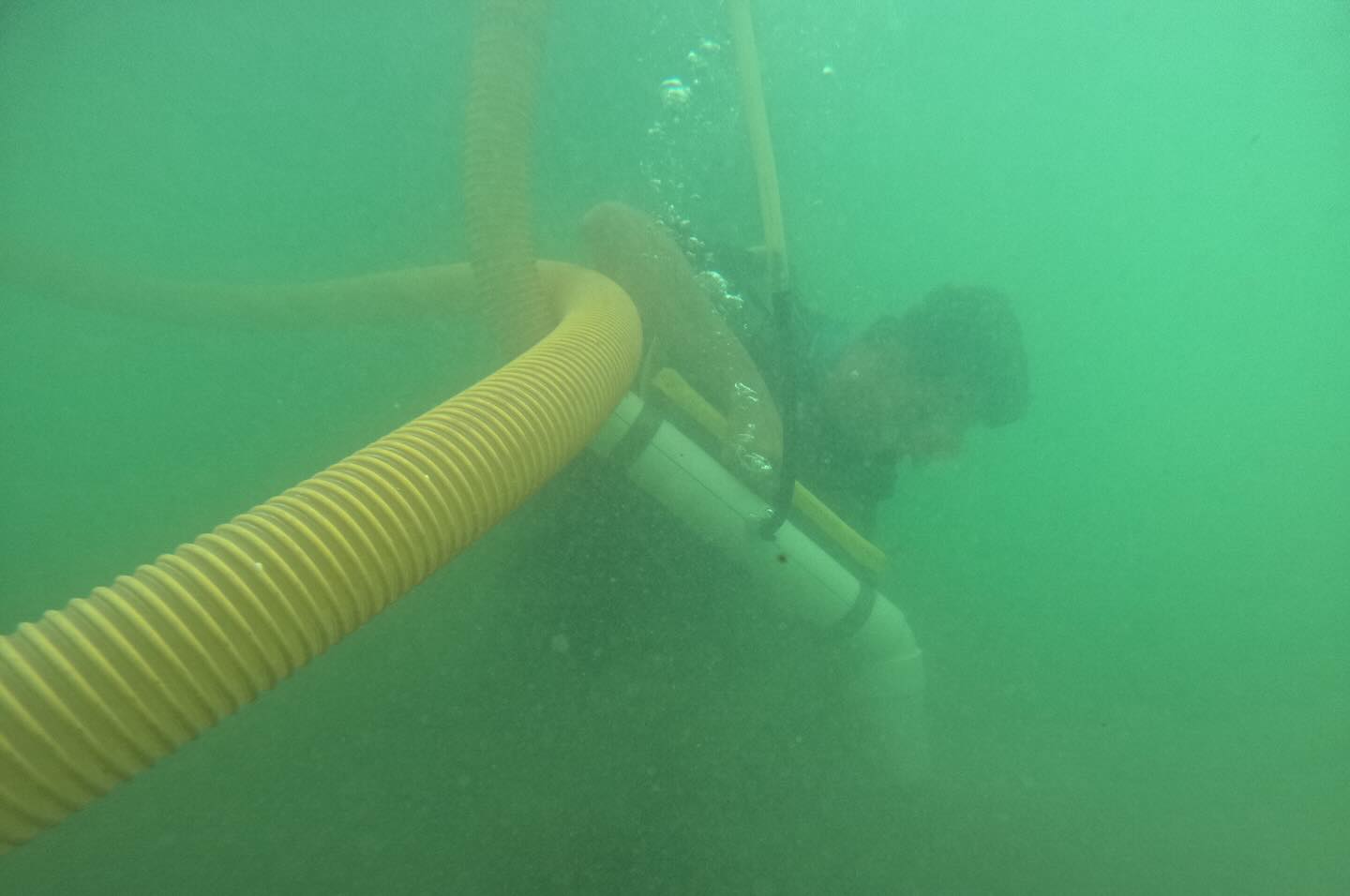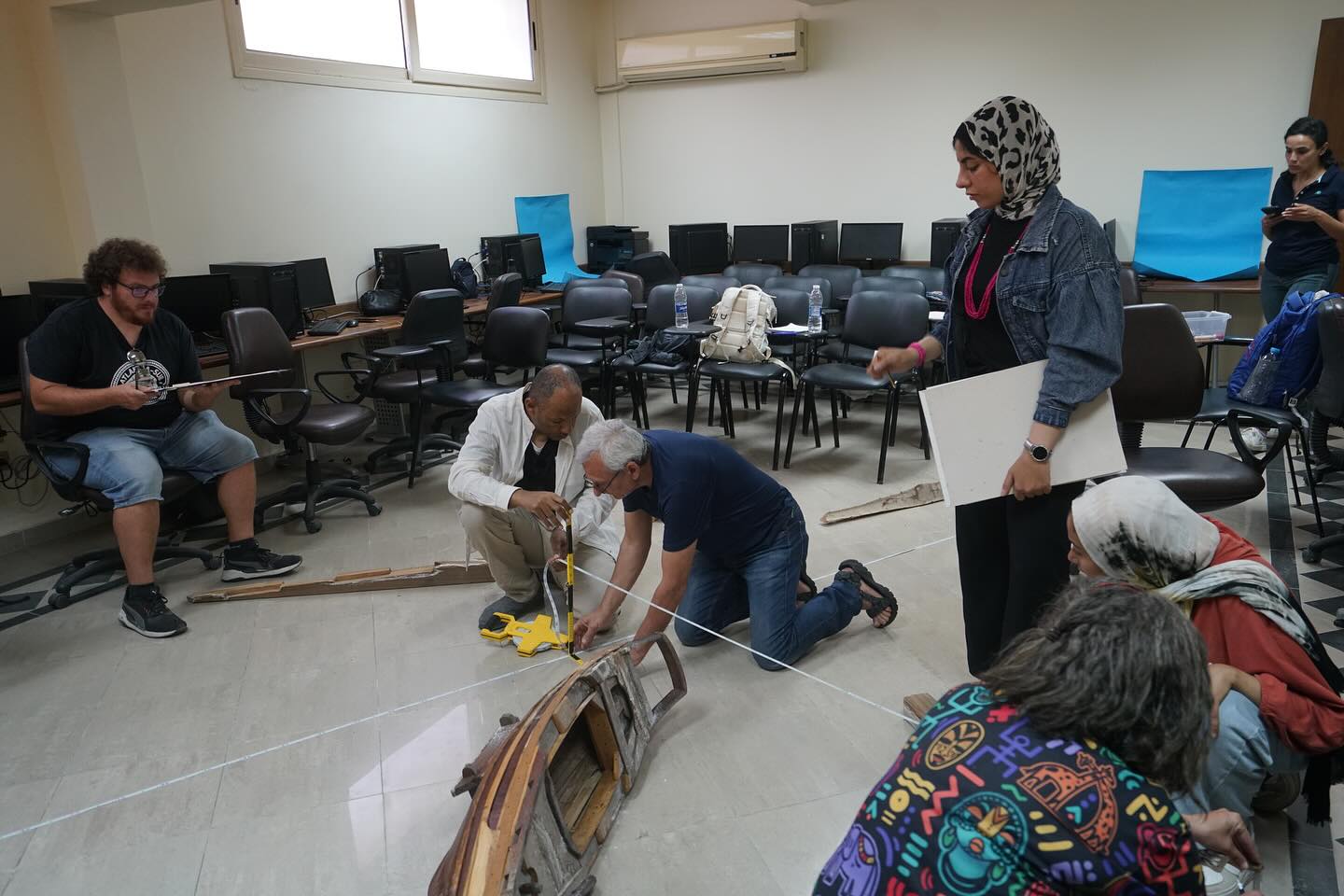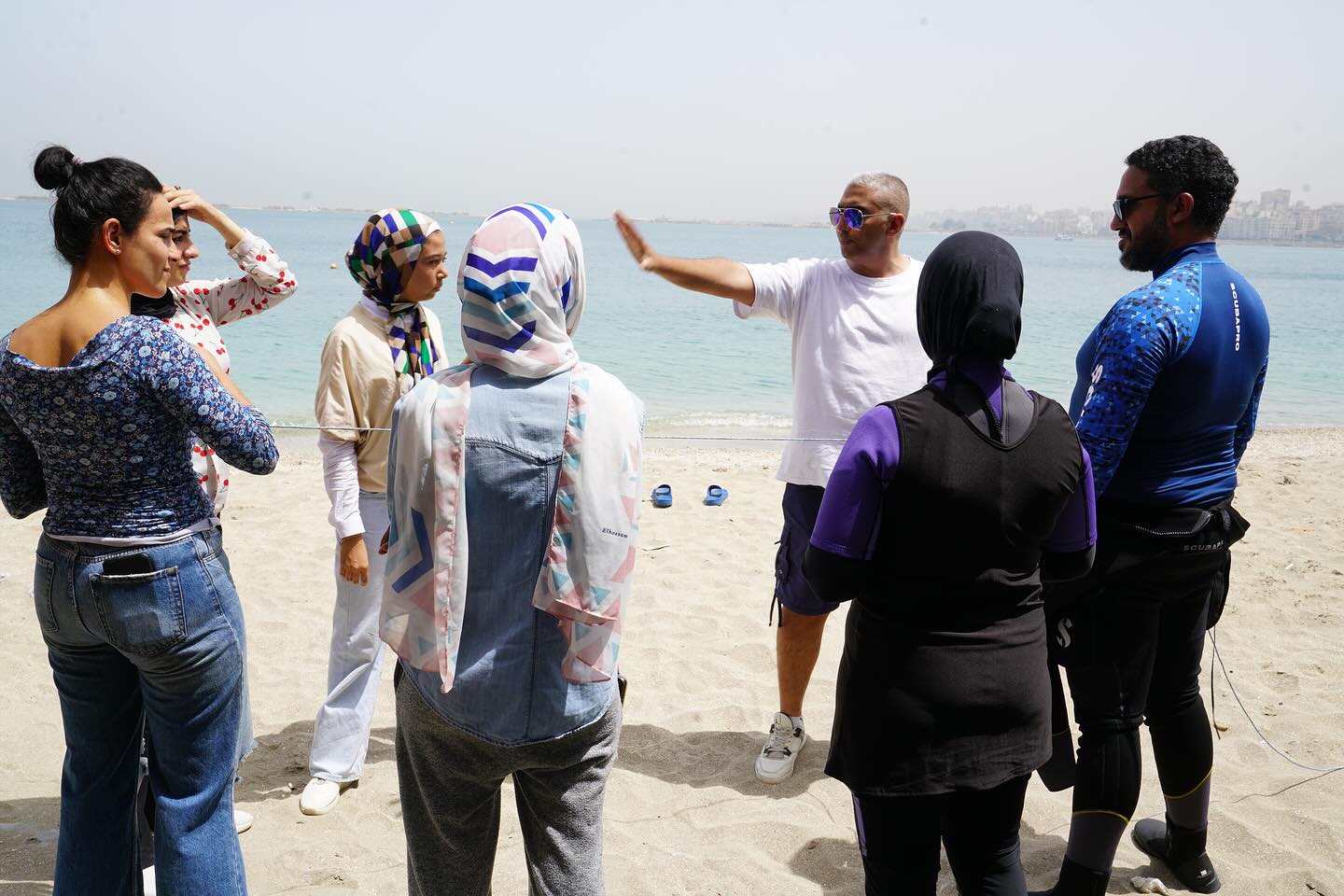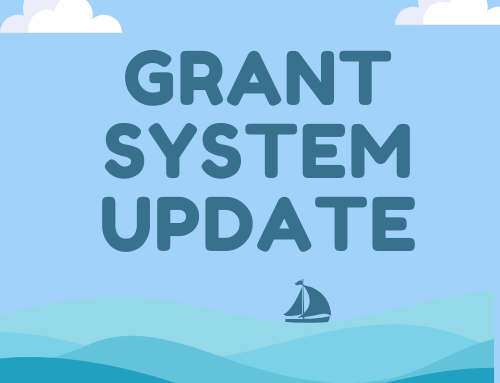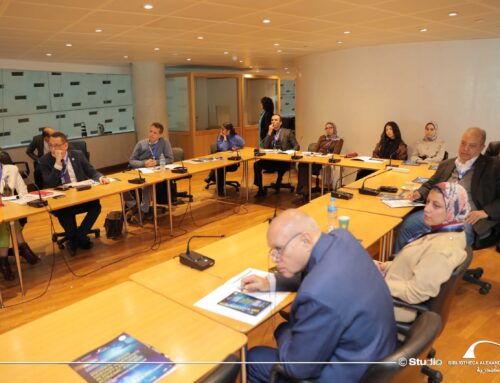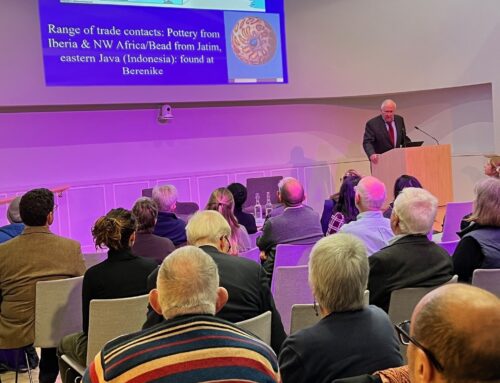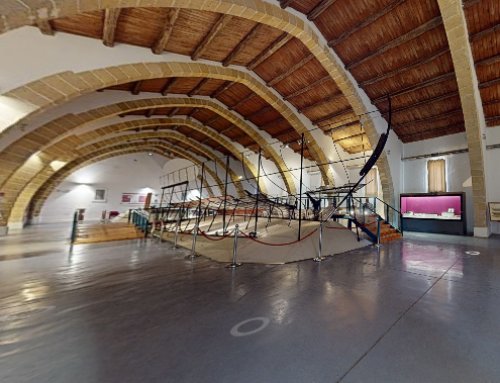Alexandria Underwater Archaeology Field School- April 2024
Mr. Mohamed Khedr
Alexandria Underwater Archaeology Field School was offered to young researchers (e.g. archaeologists, marine biologists…etc.) who aim to improve their skills and advance their knowledge of UCH, particularly in the Eastern Mediterranean and the Arab Region.
The principal aims of the underwater archaeology field school are;
- To develop the underwater archaeological skills of maritime archaeology students and researchers, with a focus on the Eastern Mediterranean.
- To build and foster collaborative relationships between all participants who attend the field school.
Alexandria Underwater Archaeology field school aimed to improve knowledge and understanding of archaeological underwater work. Additionally, highlighting the relevance that underwater excavation work has had and discussing some of the fieldwork strategies, through immersion in a two-week experiential learning program, seventeen students learned the fundamentals of maritime archaeology and underwater archaeological fieldwork, and this training provided them with instruction and hands-on experience in methods of maritime archaeology field research.
The initial objective for participant recruitment at the field school emphasized enrolling ten individuals from the Eastern Mediterranean region, specifically targeting those engaged in or studying maritime archaeology. Upon disseminating the call for applications, the response was unexpectedly high, with over 25 applications received from diverse global locations. This surge in interest prompted an expansion of the participant quota from 10 to 16. Notably, four individuals from outside the Honor Frost Foundation (HFF) area—specifically from Italy, Spain, Oman, and the USA—joined the program. These participants were self-funded, covering all expenses related to training, subsistence, and accommodation.
The field school operated over a comprehensive thirteen-day period, structured from 9 AM to 6 PM. The curriculum was divided into five days of theoretical instruction and eight days of practical training. This hands-on approach allowed participants to engage directly with advanced techniques in underwater photography, photogrammetry survey, and excavation, along with gaining insights into project management.
Participants from CMAUCH are now fully prepared to engage in all ongoing projects facilitated by the centre. Additionally, the participants from the DUA have commenced work on the Abu Qir concession. Although they had undertaken preliminary tasks before attending the field school, the training they received significantly enhanced their skills. Meanwhile, one participant from Italy, having completed the field school, has already contributed to a project in Malta and is scheduled to participate in another project in Croatia in October 2024. This progression exemplifies the practical impact and enhancement of capabilities that the training program aimed to achieve, effectively preparing participants for active roles in various international maritime archaeology projects.
